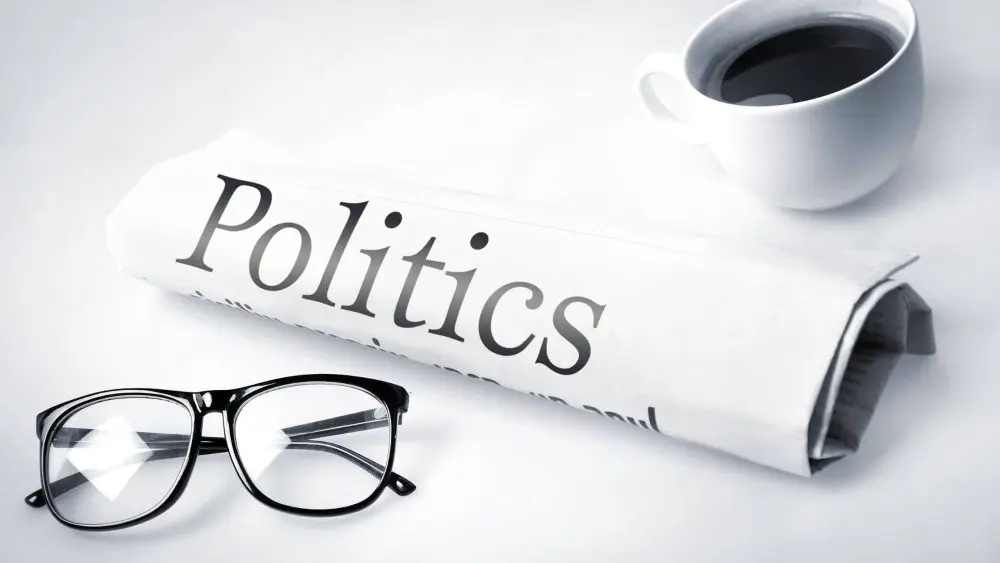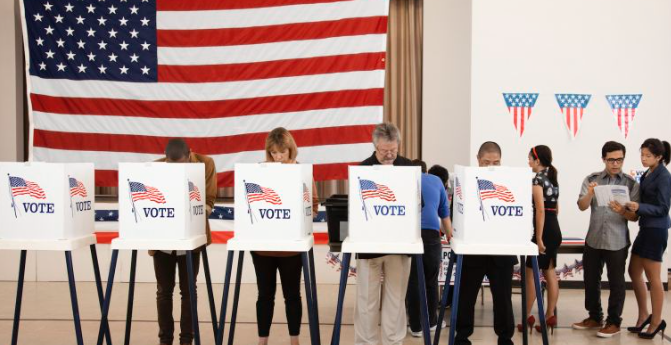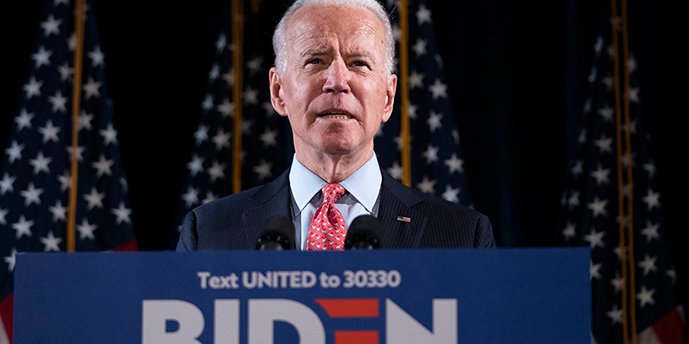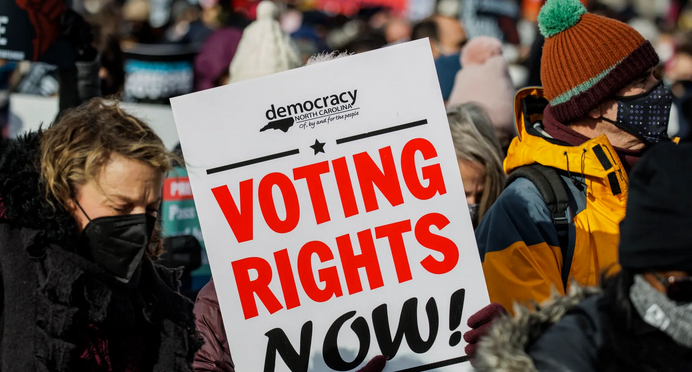Politics is a realm filled with intrigue, power struggles, and the shaping of nations. Beyond the headlines and debates, there are intriguing and lesser-known facts that illuminate the complexity of this dynamic field. This article uncovers some of the most interesting tidbits about politics, shedding light on the multifaceted world that influences our societies and governments.
The World’s Oldest Democracy
While many countries boast democratic systems, the world’s oldest continuous democracy is often attributed to ancient Athens in Greece, where citizens participated in decision-making through an assembly.
Ruling Through Bloodlines
Monarchies still prevail in some parts of the world, where rulership is determined by bloodlines. These hereditary systems often blend tradition and governance.

The Number of Countries
Contrary to popular belief, the total number of recognized countries worldwide varies due to political disputes and differing international recognition.
The Longest-serving Leaders
Some political figures hold power for decades. Fidel Castro ruled Cuba for almost 50 years, while Robert Mugabe governed Zimbabwe for nearly 40 years.
Religious Influence
Religion and politics often intertwine. The Vatican City, for example, is both the smallest country in the world and the spiritual center of the Roman Catholic Church.
Political Polarization
The division between political ideologies can create intense polarization. The term “red states” and “blue states” in the United States reflects the political differences between regions.
The Role of Women in Politics
The fight for women’s political representation has come a long way. However, gender disparities persist, with various countries having yet to achieve gender parity in government.
Term Limits Vary
Presidential term limits vary widely across countries. Some leaders are limited to one term, while others can serve multiple terms, sometimes leading to extended periods in power.
Fictional Political Leaders
Fictional characters often portray political leaders, offering a unique perspective on governance. Iconic figures like President Josiah Bartlet from “The West Wing” demonstrate the allure of political narratives.
Government Spending
The allocation of government funds varies dramatically. Some countries prioritize defense, while others focus on social welfare programs, reflecting different political priorities.
The Power of Social Media
Social media platforms have revolutionized political communication, enabling politicians to reach wider audiences and engage in direct conversations with constituents.
The Art of Diplomacy
Diplomacy is a vital tool in international politics. Secret negotiations, backchannel communications, and high-stakes discussions shape global relations.
Election Campaign Costs
Running for office can be financially demanding. Massive sums are spent on campaign advertisements, rallies, and events to capture voters’ attention.
Political Satire
Political satire offers a comedic take on serious issues. Shows like “Saturday Night Live” and “The Daily Show” use humor to critique political decisions.
Political Activism
Citizen engagement plays a crucial role in politics. Protests, demonstrations, and movements drive change and amplify public voices.
Political Dynasties
Certain families dominate political landscapes for generations. The Kennedy family in the United States and the Bhutto family in Pakistan are examples of enduring political dynasties.
Economic Policies
Different economic philosophies, such as capitalism and socialism, shape countries’ approaches to wealth distribution.
The Art of Compromise
Successful politics often involve compromise. Negotiating differing opinions and finding middle ground is a cornerstone of effective governance.
Symbols of Power
Symbols hold significant meaning in politics. Flags, national anthems, and official seals encapsulate a nation’s identity and pride.
Changing Political Landscapes
Political environments are constantly evolving. Factors like technology, societal shifts, and global events continually reshape the political landscape.
Conclusion
The world of politics is a tapestry woven with history, ideology, power dynamics, and human aspirations. As we engage with political narratives and decisions, these intriguing facts remind us that politics is a multidimensional realm that shapes the course of nations and influences the trajectory of societies.














